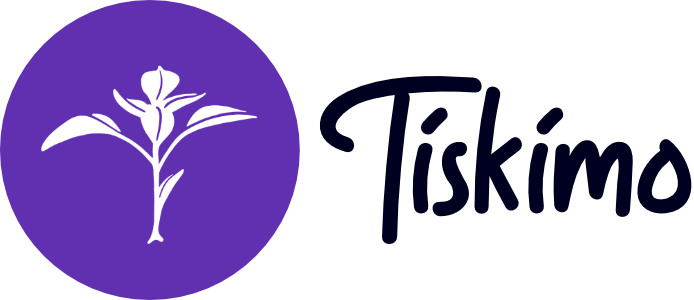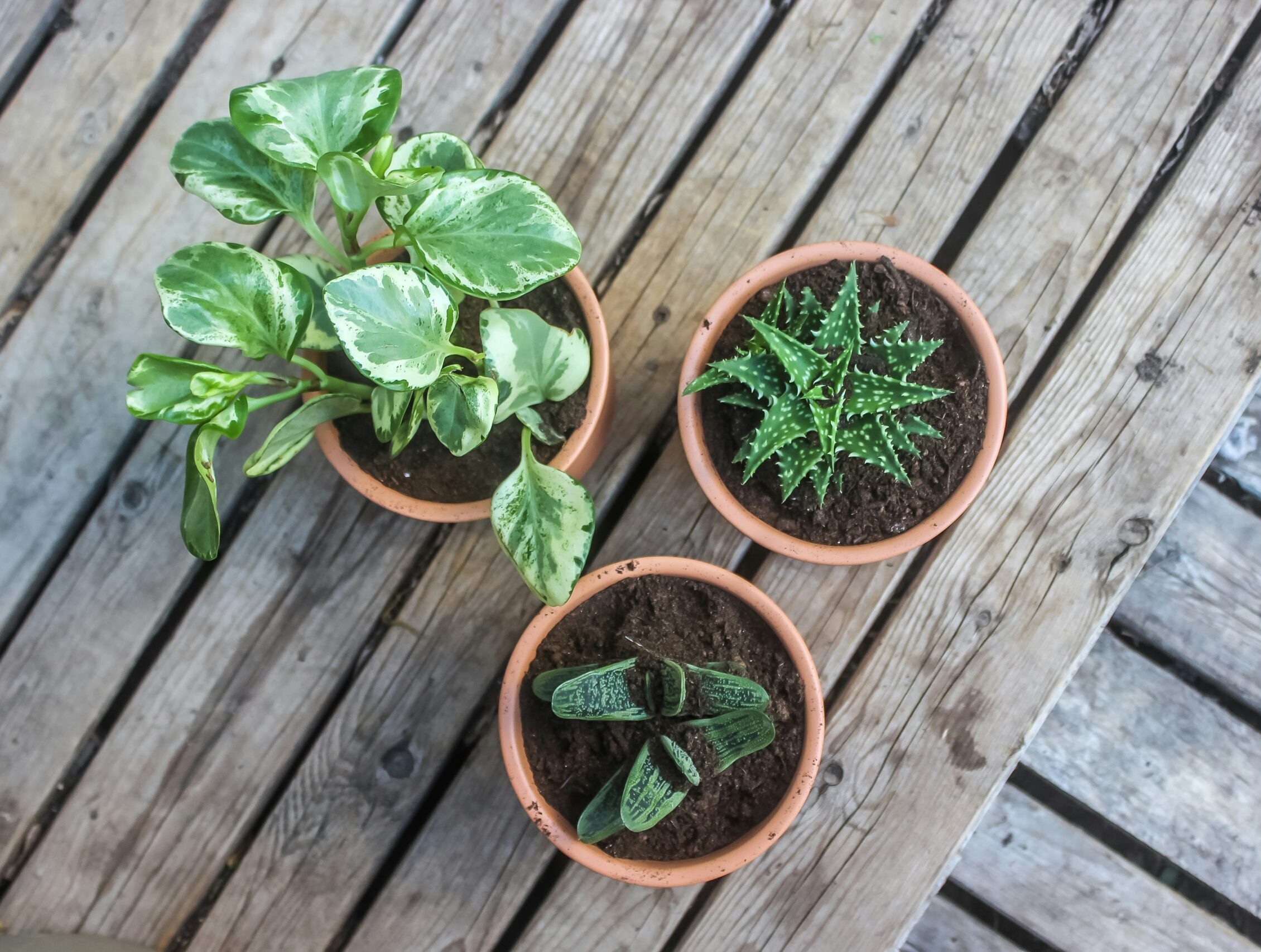There’s a well-known quote attributed to Albert Einstein:
“If you judge a fish by its ability to climb a tree, it will live its whole life believing that it is stupid.”
For those of us whose brains work differently, this captures something essential. When systems don’t accommodate how we actually think, feel, or learn, or indeed describe us in ways which do not reflect what is actually going on for us, it’s easy to see why we begin to believe we’re falling short or broken in some way.
Strengths-based coaching offers a different perspective – one that recognises and values our abilities, helping us to see ourselves not as broken, but as capable, creative, and resourceful.
Why a strengths-based approach matters in neurodivergent coaching
For many neurodivergent people, life has involved years, often decades, of adapting, masking, and trying to fit into environments and interactions that don’t naturally accommodate how our minds or bodies work. Along the way, sometimes experiencing rejection, exclusion, bullying and ridicule. These episodes can leave deep marks, often leading to confusion around identity, loss of confidence, as well as persistent feelings of worthlessness, shame, anger or fear.
Over time, these experiences become internalised, and we too may view ourselves through the lens characterised by the medical model’s list of ‘impairments’ which underpins so many of the systems and societal biases we face – focusing on what we struggle with rather than what we’re capable of. Many of us come to believe, consciously or not, that we are broken and in need of fixing. When we reach out for support, including coaching, it is often from a place of wanting to ‘improve’ or ‘overcome’ something.
But what if there was a different place to begin?
Coaching, by nature, is forward-looking and goal oriented. It is about personal growth and movement. For neurodivergent people, the message really matters. A strengths-based, neuro-inclusive approach focuses on what’s already working, what you are good at, what comes naturally to you. It utilises past successes to notice and name your strengths in order to scaffold the path to your coaching goal.
Listing your strengths might sound simple enough on paper, but for someone who has spent years being told to work harder at “overcoming” challenges many of us have lost sight of our strengths as well as our identity LINK and don’t know where to begin. We might be able to generate one or two words or phrases, but many of my clients find it incredibly hard to articulate more than the bare bones initially.
In fact, you already, consciously or not, know a lot and have developed in credible strategies. You will know which environments help you thrive and what strategies help you find balance and focus.
The strengths-based approach doesn’t mean ignoring your challenges, but it does suggest not starting from them. When we begin with strengths, we shift the internal narrative. We start to remember the things we do well, the parts of ourselves that have value. From here, we can form goals that feel possible and authentic, goals that are aligned with how we already work best.
If you’ve arrived at coaching with a sense of urgency to ‘get better at…’ talking about what’s going well can feel indulgent or beside the point. But practitioners of the strengths-based approach know the key to sustainable change often lies in self-awareness and self-compassion and this is far easier to attain if you understanding both the strengths as well as the challenges of your unique profile – how you think, feel and engage with the world, and working with it, not against it.
Using a strengths-based approach to reframe the past
Many neurodivergent people grow up being given labels and told they need to change who they are – to try harder, be more organised, less sensitive, more ‘normal’. As above, over time, this shapes how we see ourselves. A strengths-based, neuro-inclusive approach creates space to pause and develop a kinder awareness which can help you move away from viewing descriptors like: ‘overly sensitive’, ‘too intense’ or ‘impulsive’ as problems, and instead see them as part of your unique way of understanding the world with the potential for incredible contribution.
A few examples:
- What may be described as an ‘obsession’ with a particular topic or hobby – something which can make it difficult to shift our attention – could also be viewed as an incredible strength when channelled intentionally. Hyperfocus, coupled with special interests, can generate not only intense satisfaction when you as you hit ‘flow’, but also build remarkable levels of knowledge, fuelling creativity and producing powerful insights in specialist areas.
- Apparent difficulty following conventional processes may be judge as ‘disorganised’ or ‘wilfully disobedient’. In reality, divergent thinking enables the formation of novel connections, spot patterns others missed, and arrive at innovative solutions. It’s this kind of thinking that underpins creativity and is often at the heart of scientific breakthroughs.
- Being described as ‘too blunt’ or ‘lacking social awareness’ is frequently interpreted as carelessness or even rudeness. Yet, honesty can foster clarity and trust, which can be not only refreshing but also highly valuable in both personal and professional contexts.
The traits associated with neurodivergence are neither good nor bad, rather they are natural patterns which become strengths or sources of support needs depending on the context. What changes is whether the environment, the expectations, or the tools available make space for that trait to be expressed in a sustainable or supported way. This is why reframing is so important.
Take a look at the following deficit statements and their reframes:
Deficit model: Hyperfocus is a problem because the person loses track of time, it is difficult to get their attention, and they neglect other tasks
Neurodivergent reframe: Hyperfocus enables deep concentration and intense productivity on tasks of interest. This can lead to high-quality, innovative work which others might not achieve – sometimes even leading to step changes and competitor advantage in business and systems
Deficit model: Struggle with aspects of interaction, interrupt conversations, or jump from topic to topic
Neurodivergent reframe: Fast-paced, associative thinking can be a feature of creativity and enthusiasm. It often reflects a brain that’s processing multiple ideas rapidly and making unique connections which can lead to great insights and progress
Deficit model: Too rigid about routines and gets upset when plans change
Neurodivergent reframe: A strong preference for routine can bring stability and predictability to an environment, helping to create calm, organised spaces that support emotional regulation and reduces stress for everyone
Deficit model: Get overwhelmed in busy social situations
Neurodivergent reframe: Valuing quiet time can lead to deep self-reflection, creativity, and strong one-to-one relationships. It also brings a calming presence to family life and a thoughtful approach to interpersonal connections
Deficit model: Overly fixated on their special interests – it’s hard to get them to talk about anything else
Neurodivergent reframe: Intense passion for a specific interest can bring joy, purpose, and a sense of identity as well as be an excellent form of self-regulation. Sharing that enthusiasm can strengthen family bonds and introduce others to new perspectives, hobbies, or knowledge. On top of this, the intense interest can lead to insights and novel ideas that others might not notice
assets within your natural tendencies. Strengths-based, neuro-inclusive coaching can help you identify the conditions where their traits serve you best and support you to build strategies for when those same traits create strain.
Even taking time with individual words can be incredibly enlightening. This approach gives you space to revisit the labels you’ve been given throughout your life. This has at least two benefits.
Firstly, words can get attached to behaviours that actually have origins in useful or adaptive survival strategies.
For example:
‘Shyness’ might actually reflect a strategy to avoid standing out, to avoid ‘making mistakes’ as we try to work out what is going on around us.
Being ‘bossy’ might actually reflect careful survival strategies around managing our environments so that we do not become overloaded.
Secondly, but through missing the underlying origin of the behaviour it is not uncommon for neurodivergent people to have labels attached to their behaviour which when exhibited by neurotypical peers may be given entirely different labels:
- Impulsive – Spontaneous
- Controlling, bossy – Organised or decisive
- Non-compliant – Standing up for oneself
- Blunt – Direct, honest or truthful
- Shy – Introspective
Perhaps think back to the labels you were given as a child. How many of these do you think missed seeing the real you or described traits viewed positively when seen in non-neurodivergent people?
Through coaching, you can gently unpack these old labels and explore what’s true for you now. You might decide to reframe them, relabel them, or leave them behind altogether. This kind of reframing isn’t about ignoring the hard parts – coaching doesn’t pretend challenges don’t exist too. But it does recognise that many of the strategies you’ve developed to cope or succeed are signs of resilience, not failure.
A strengths-based approach can help you reconnect with your authentic self, so you can advocate for what you need and choose how to move forward. When you understand and value your own traits, it becomes easier to help others see them differently too.
Using your strengths to support your challenges
In a strengths-based, neuro-inclusive coaching instead of focusing on what’s hard or what needs improvement, we shine a light on the strengths, strategies and environments that already support your success – even if you haven’t noticed them yet.
This is so that you can use this knowledge and these skills with purpose. Together we look at how your strengths can help scaffold those things you find challenging.
A few examples:
- If task initiation is hard when you’re overwhelmed, but you’re great at breaking things down and planning ahead, we might focus on how to use that planning skill to create a small, clear first step
- If your working memory gets overloaded easily, but you have good organisational skills, we might explore external systems or routines which take the pressure off your internal processing
- Someone with good self-awareness might be able to use this to learn how to spot early signs of low energy or stress, and adjust their plan before burnout sets in
Coaching offers the space and support to grow these strengths into consistent strategies. It’s not just about recognising what you’re good at – it’s about learning how to build on that so your tools still work even when you’re tired, anxious, or overwhelmed. A strengths-based approach helps you feel more in control, more confident, and more able to advocate for yourself in ways that are sustainable and authentic.
Self-advocacy through strengths-based coaching
A strengths-based, neuro-inclusive coaching approach offers more than just a way to reframe the past or manage daily challenges. It also lays a foundation for powerful self-advocacy – helping you express your needs and communicate your strengths clearly and confidently in both your personal and professional life.
For many neurodivergent people, advocating for ourselves can feel difficult, especially when we’ve been taught to downplay our differences or have internalised negative labels. Coaching helps to gently unpick these messages and replace them with a more accurate, affirming view of who we are.
By focusing on what already works for you – the environments you thrive in, the strategies that support your wellbeing, and the subtle cues you uniquely notice – coaching supports a deeper understanding of both your strengths and challenges. This insight becomes the groundwork for self-advocacy as you begin to recognise not only what you need to succeed, but why those needs are valid. From there, we can explore ways to communicate them effectively.
This process also supports the development of boundary-setting skills. Many neurodivergent people struggle with saying no, expressing overwhelm, or pushing back against unrealistic expectations. By working from a place of strength, coaching helps you understand your challenges not as failings, but as important information about how you function best. Learning to protect these boundaries is key to thriving – whether that’s choosing not to attend overstimulating social events, asking for quiet workspaces, or building routines that work with your energy levels rather than against them. We might work together to develop scripts for requesting accommodations at work, or practice setting personal boundaries that protect your energy and focus.
Ultimately, strengths-based coaching helps shift the narrative from deficit to value. It empowers you to recognise your traits as assets, not weaknesses, and to communicate your needs with confidence and clarity. This kind of self-understanding and advocacy is not just about getting by; it’s about living more fully, more authentically, and with greater happiness. When you’re able to show up in the world as your whole self – and ask for what you need to succeed – that’s when real transformation happens.
What next?
If you’ve spent much of your life adapting to environments that didn’t fit, being told to tone things down, toughen up, or just try harder, it’s not surprise if your focus has been on ‘fixing’ rather than flourishing. But what if the key to meaningful change isn’t about becoming someone different – it’s about becoming more of who you already are?
I invite you to take a moment to reflect:
- What strengths have helped you navigate life, even if they’ve gone unnoticed?
- Where in your life are you still judging yourself by someone else’s standards – like that fish being asked to climb a tree?
- What might shift if you started from your strengths, rather than your struggles?
You don’t have to do this alone. Coaching offers a safe, structured space to explore these questions and more – to reconnect with your authentic self, and to build a future that works with your brain, not against it.
If this resonates with you, perhaps it’s time to begin that conversation. What might be possible if you gave yourself permission to start from what’s already working?





